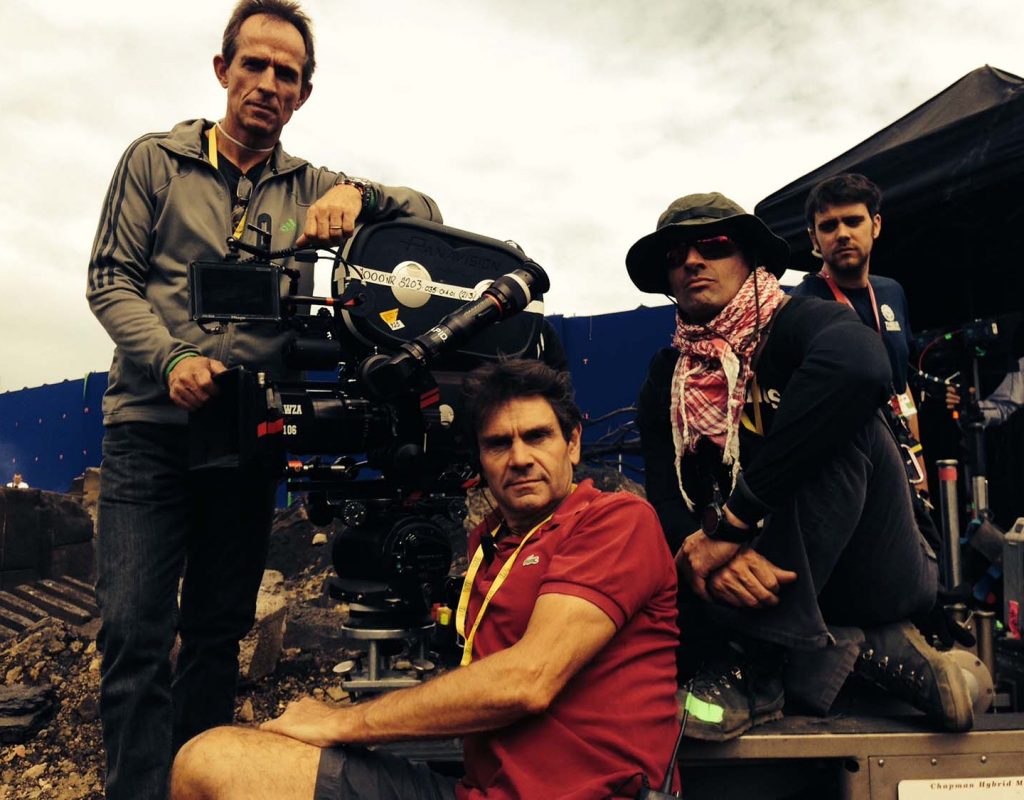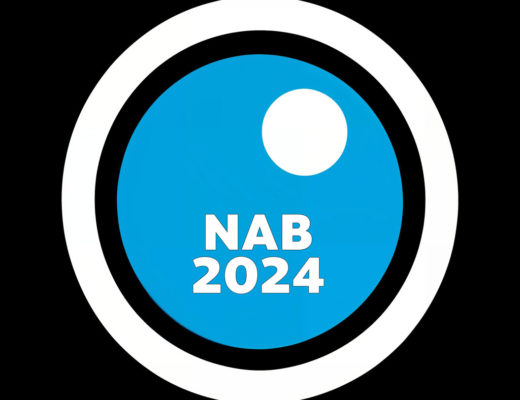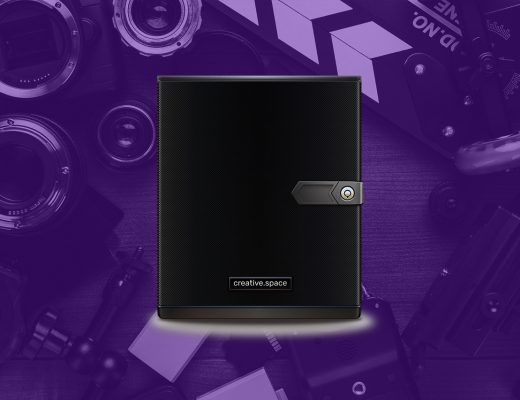 What are you doing? How about now? Has anything changed since you started reading this blog post? Every story has a who, what, where, when, andwhy– but the event-driven nature of the social Web may be putting such a premium on broadcasting aboutwhat we’re doing, that software designed to help us answer important questions like who and why are at risk of being neglected.
What are you doing? How about now? Has anything changed since you started reading this blog post? Every story has a who, what, where, when, andwhy– but the event-driven nature of the social Web may be putting such a premium on broadcasting aboutwhat we’re doing, that software designed to help us answer important questions like who and why are at risk of being neglected.
Reflecting on the human condition was once a popular past-time. A lot of people used to read poetry as you may have heard. It may not be the Internet’s fault that we’re becoming less introspective – in fact the huge amount of activity data we’re sharing online offers incredible opportunities for reflection, and for learning more about ourselves. It seems quite likely that we’re going to miss those opportunities because our software is focused entirely ondoing(and advertising) instead of on helping usthinkas much as it could. Of course that’s much harder to do.
The first version of the web was a navigable network of interconnected pages. The next version was based on easy self-publishing through blogs, video, commenting and the like.Still another big shift is believed to be underway; web applications are enabling and taking advantage of all that content to find patterns. Linked data, semantic analysis, analytics and data mining all form a layer on top of the content-web that could serve as the foundation for the next series of applications and other added value.
Continues @http://www.readwriteweb.com
Related articles by Zemanta
- What is Web 3.0? (ehealth.johnwsharp.com)

Filmtools
Filmmakers go-to destination for pre-production, production & post production equipment!
Shop Now
![Web 3.0 Might Be Really Stupid 6 Reblog this post [with Zemanta]](http://img.zemanta.com/reblog_c.png?x-id=f43d9bb3-8a16-4602-876e-0772f30d845a)













